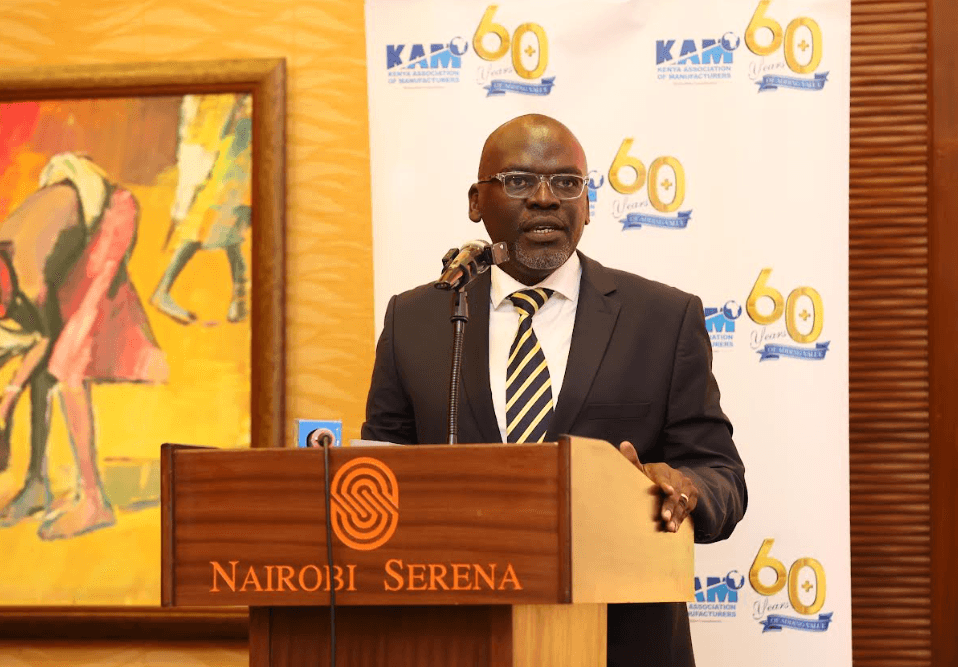

Kenyans are more likely to encounter unethical practices and corruption in the Ministry of Interior and National Administration than in any other public institution, a new national survey by the Ethics and Anti-Corruption Commission shows.
According to the 2024 National Ethics and Corruption Survey, 47.8 per cent of Kenyans who interacted with the Interior Ministry reported experiencing or witnessing corrupt or unethical conduct.
This makes it the ministry with the highest prevalence of such incidents.
The Ministry of Health ranked second with 19.7 per cent, while the National Treasury followed at a distant third with 5.8 per cent.
Other public institutions that featured prominently include the Ministry of Lands (5.6 per cent), Transport (3.9 per cent), and Education (2.6 per cent).
“The Ministry of Interior and National Administration recorded the highest proportion of mentions at 47.8 per cent,” the EACC report states.
The survey, conducted between August and October 2024, interviewed over 6,000 respondents across the country and aimed to understand citizen perceptions and experiences related to corruption and ethics in public service.
The report reveals that Kenyans are still grappling with high levels of bribery and unethical behaviour in public institutions. It also exposes a worrying trend in which corruption is increasingly perceived as a necessary evil in accessing public services.
The report noted that many citizens feel trapped in a cycle of extortion and fear victimisation if they speak up.
“Some victims of corruption do not report for fear of intimidation or because they lack faith in the institutions responsible for dealing with corruption,” the report notes.
The data shows that most bribes are paid to speed up service delivery, access jobs, and secure favourable outcomes in legal or administrative processes.
County governments were not spared either.
Nairobi County topped the list of devolved units where residents reported facing the highest incidence of corruption, followed by Kiambu, Machakos, Kisumu, and Nakuru.
The EACC called for stronger enforcement of anti-corruption laws, enhanced public awareness, and protection of whistleblowers. It also recommended structural reforms in the top-affected ministries.
“Citizens must be empowered to demand accountability from duty bearers,” the report stated.
The Commission urged public servants to uphold the values of integrity, transparency, and accountability in delivering services to Kenyans.


















